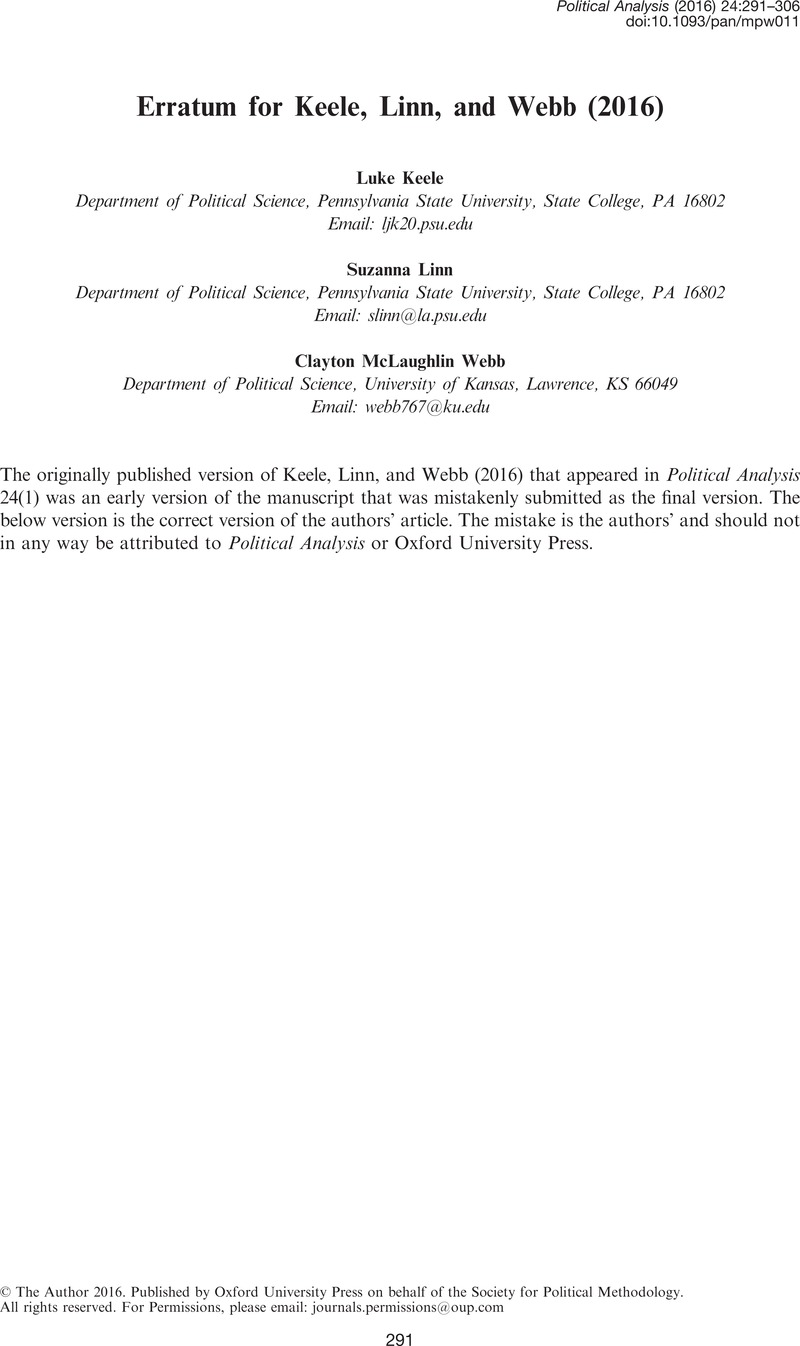Crossref Citations
This article has been cited by the following publications. This list is generated based on data provided by Crossref.
López-Cariboni, Santiago
and
Cao, Xun
2019.
When do authoritarian rulers educate: Trade competition and human capital investment in Non-Democracies.
The Review of International Organizations,
Vol. 14,
Issue. 3,
p.
367.



